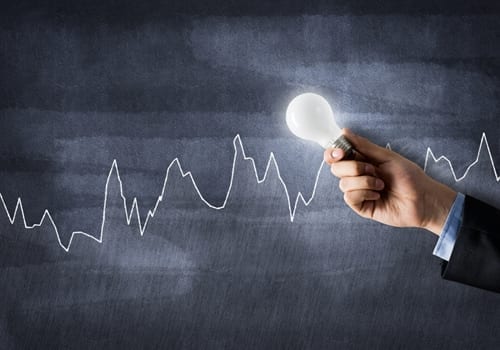Determining a nation’s standings in the world is becoming of increasing importance to firms. As more Australian businesses gain the means to trade and deal with firms overseas, having a strong economic base is key for success.
In the World Economic Forum’s (WEF) annual Global Competitiveness Report 2015-16, Australia increased it’s index ranking by one place, moving from 22nd to 21st out of 140 countries. This marked the end of a four-year trend of decreased standings.
WEF rated the nation highly in terms of financial market development, higher education and training as well as health and primary education. In these areas, Australia was in the top ten of all countries measured.
However, there are still factors that organisations in Australia need to address to see a better outlook.
The importance of innovation and technology
Innovation was one of Australia’s weaker points. While the ranking improved from last year’s figures, Australia ranks 23rd overall in this regard. This lowered index rating is particularly due to low scores in company spend in Research and Development (R&D) in which Australia ranks 27th. However, the University and Industry R&D collaboration is rated 21st.
Following the release of a recent report, Professor Barney Glover, Chair of Universities Australia, stated that R&D should become a universal focus for all sectors within Australia.
“To remain competitive and indeed grow our competitive advantage, we must invest properly in research, innovation, skills and critically in research infrastructure,” he said.
“We either make this investment or we irreparably fall behind those that do.”
While the public sector will play an important role in R&D development, businesses can also take their own measures to improve innovation. Investing in technologies, such as business intelligence software can help firms of all sizes determine where the shortfalls are in their company and drive smarter decision making regarding new processes.






